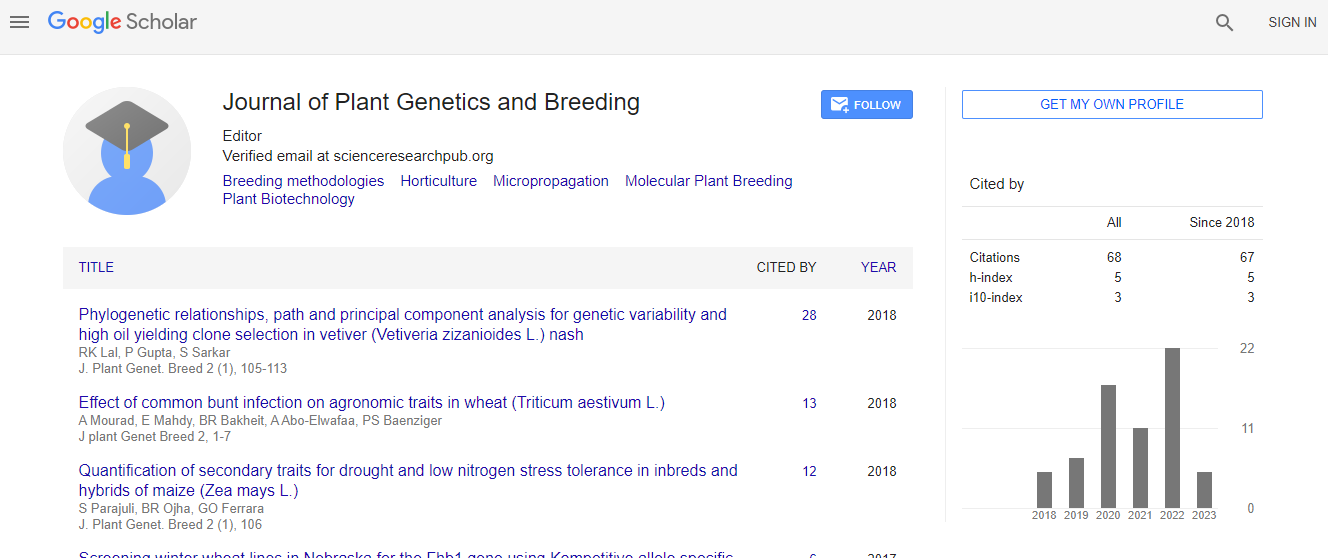Studying Plant-Microbe interactions by CRISPR tool and its effect on Crop-Yield
*Corresponding Author:
Copyright: © 2020 . This is an open-access article distributed under the terms of the Creative Commons Attribution License, which permits unrestricted use, distribution, and reproduction in any medium, provided the original author and source are credited.
Abstract
Statement of the Problem: To meet the healthcare needs and food demand in the COVID-19 pandemic there is a need for conservation, sustainable utilization, and management of plant genetic resources. Thus, the use of Plant Growth Promoting Rhizobacteria (PGPR) and understanding plant-microbe interaction studies by emerging
CRISPR-Cas system will be beneficial to breed microbe-optimized plants and have a positive impact on future agriculture. Methodology & Theoretical Orientation: Bacillus one of the most appreciated PGPR faces certain limitations to study the plant-microbe interaction mechanism with conventional methods like homologous recombination and mutagenesis which is overcome by emerging genome editing tool CRISPR which has been adapted to target not only eukaryotes but prokaryotes as well. The method involves (a) Study of Bacterial strains and plasmids (b) DNA manipulation and oligonucleotides (c) Plasmid construction for genome editing (d) Stepwise Electroporation and mutant generation (e) Microscopy detection of fluorescent signals of the inserted mutant is done (f) Crude extracts subjected to HPLC for Lipoprotein extraction (g) Antifungal test followed by the effect of bacterial Volatile Organic Compounds on plants (h) Siderophore detection (i) Monitoring bacterial colonization on plant roots. Findings: Implementing CRISPR on Rhizosphere associated bacteria to study various aspects of plant-microbe interactions like production of biosurfactant lipopeptides, volatile organic compounds contributing to plant growth promotion followed by microscopy observations of labelled strain towards colonization. Based on colonization capability on roots, root-tip, and hair region mutant strain are compared with wild type strain showing the capability of mutants to increase the plant biomass and total chlorophyll. Thus, results indicate the involvement of organic compounds in plant growth-promoting activity which could affect root colonization. Conclusion & Significance: CRISPR based applications to study plant-microbe interactions enable us to understand plant health, growth, and disease that empower us to optimize plant cultivation and provide food for an ever-growing population.

 Spanish
Spanish  Chinese
Chinese  Russian
Russian  German
German  French
French  Japanese
Japanese  Portuguese
Portuguese  Hindi
Hindi 